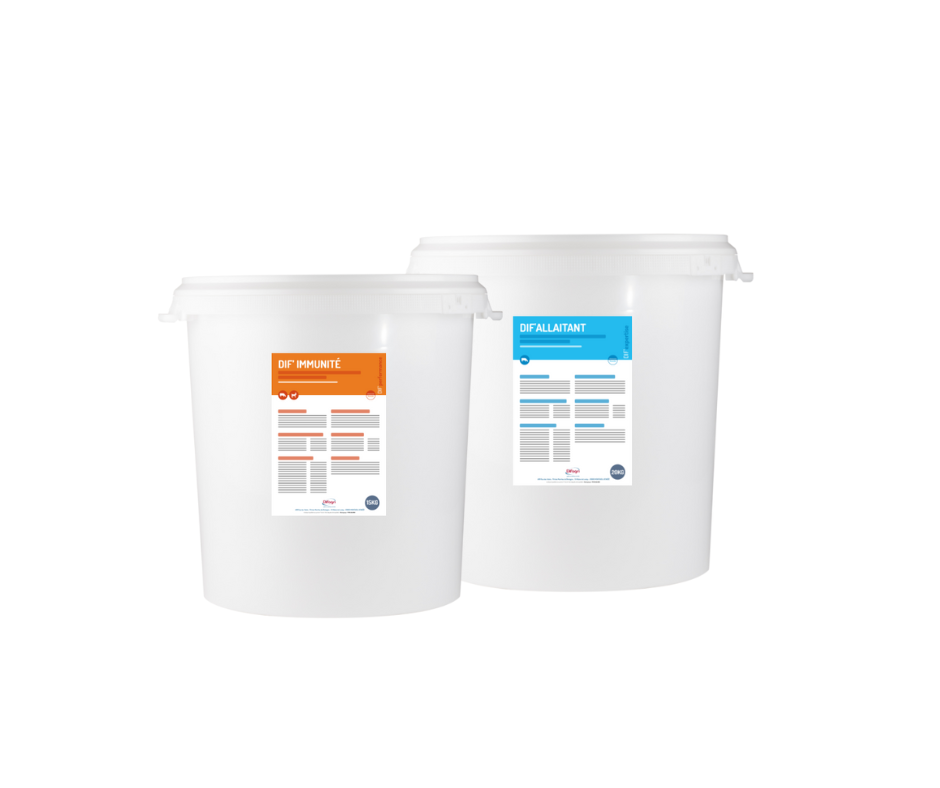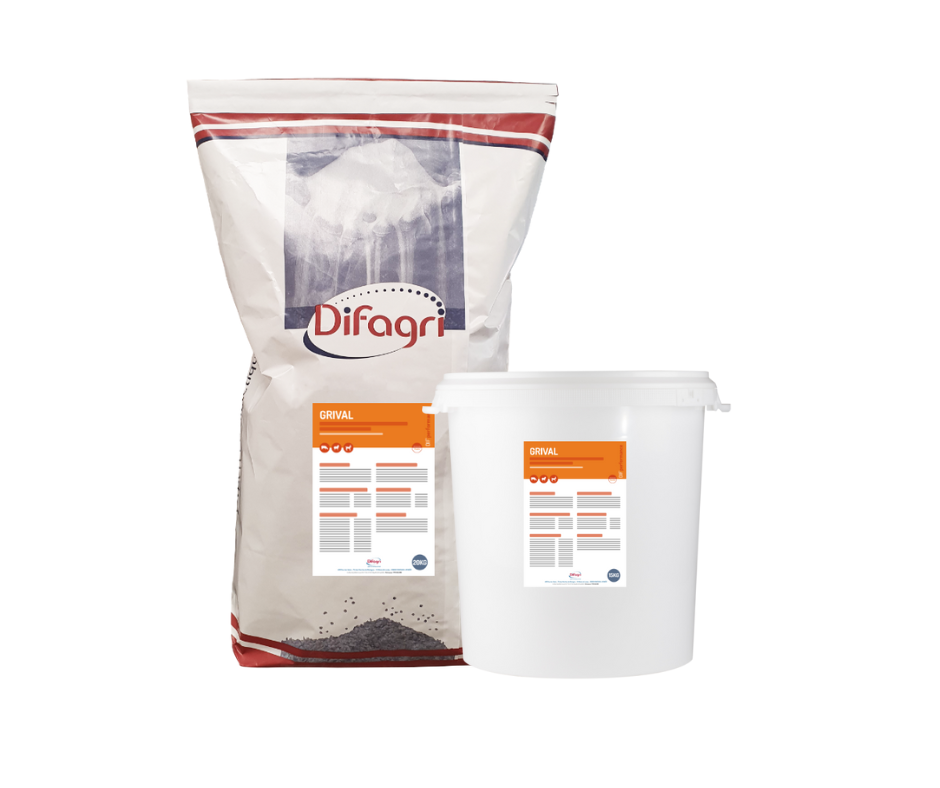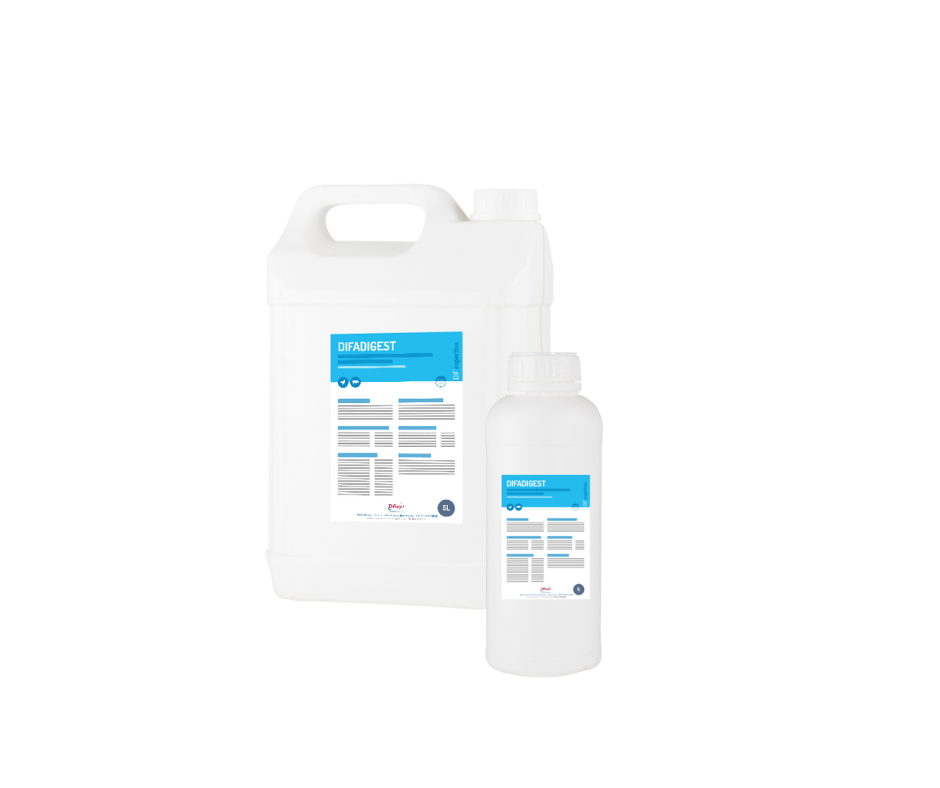Immunity in livestock farming is not usually given much thought, but it is one of the essential factors in successful herd management. It can be a complex subject, but it is essential for the health and well-being of the herd, and for food safety.
What is immunity?
It depends on several factors, including species, age, environment, feed and exposure to pathogens.
There are 2 types of immunity: innate immunity, which is the first line of defence against infection. It is present from birth and includes physical barriers (skin, mucous membranes), chemical barriers (enzymes, acid pH) and cellular barriers (macrophages, neutrophils). There is also adaptive immunity, which is more specific and acquired after exposure to pathogens or by vaccination. It involves T and B lymphocytes and antibodies.
Immunity develops throughout an animal’s life. But it can sometimes fail. Certain pathogens, such as viruses, can directly weaken the immune system.
There are several factors that can influence immunity in animals:
- Genetics: certain breeds or animal lines are more resistant to disease.
- Diet: balanced nutrition is crucial. Deficiencies in minerals (zinc, selenium, copper) or vitamins (A, D, E) can weaken the immune system.
- Environmental management: a clean, well-ventilated and adapted environment reduces stress and infections.
- Stress: due to changes, transport or poor husbandry practices can reduce immunity.
Solutions to boost immunity
To combat diseases that can sometimes spread rapidly through a herd, animals can be vaccinated. Vaccination protocols vary according to species and geographical region. Vaccination is a key tool for boosting adaptive immunity and preventing common diseases.
Some cases are specific to immunity. In young animals, for example, maternal immunity transmitted via colostrum (the first milk rich in antibodies) is essential to protect them until their own immune system becomes functional.
Excessive use of antibiotics in livestock farming can also adversely affect natural immunity by disrupting the microbiota. So, to ensure the well-being of livestock herds, it is important to limit the entry of pathogens into the herd, diagnose the first signs of disease quickly and select disease-resistant animals.
To summarize, understanding and managing the immunity of farm animals is essential to maximising their productivity and guaranteeing their well-being, while meeting health and ethical requirements.
100% immunity solutions from Difagri
We offer 4 products that strengthen the immune system: DIF’IMMUNITE/ DIF’ALLAITANT, GRIVAL and DIFADIGEST.
DIF’IMMUNITE and/or DIF’ALLAITANT is a low-temperature pellet used to boost immunity during the vaccination period and before calving in large and small ruminants. It limits stress during this period and also limits the physiological hazards frequently encountered in newborns with low immunity. It is a special immunity granule containing trace elements.
The original composition of GRIVAL helps to support the respiratory system. It contains a core of plants (thyme, liquorice, mallow, marshmallow, plantain, eucalyptus, sage, etc.) which have a real beneficial effect on winter stress. Thanks to its high concentration of vitamin C, combined with vitamin E, which acts in a complementary way, GRIVAL helps to support animals’ immune systems. Finally, clay helps to limit the harmful effects of toxins.
DIFADIGEST is a liquid supplementary feed for pigs and poultry specially formulated to optimise their digestive status. Its unique formulation helps to limit inflammation and optimise intestinal absorption. It can be used as soon as the batch is put together to positively influence the intestinal flora, but also as a support during feed transitions or to cope with difficult situations.
Sources : web-agri, littoral normand





